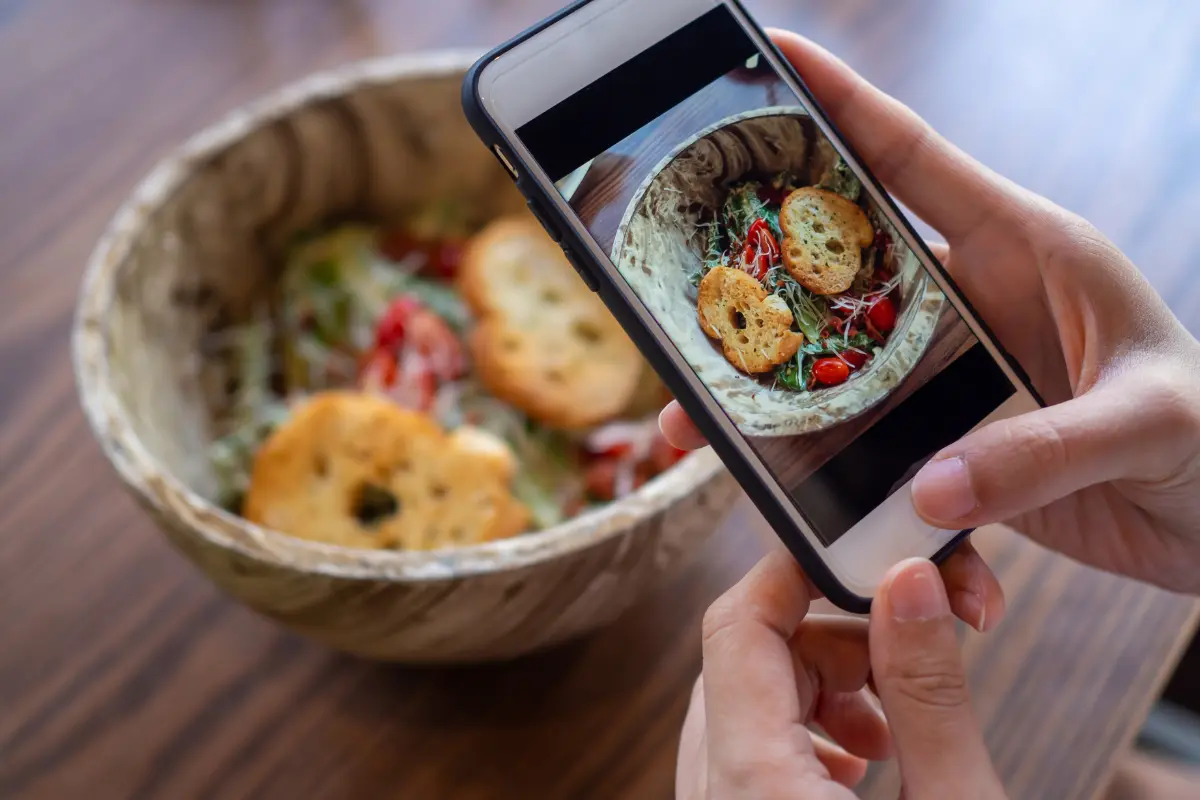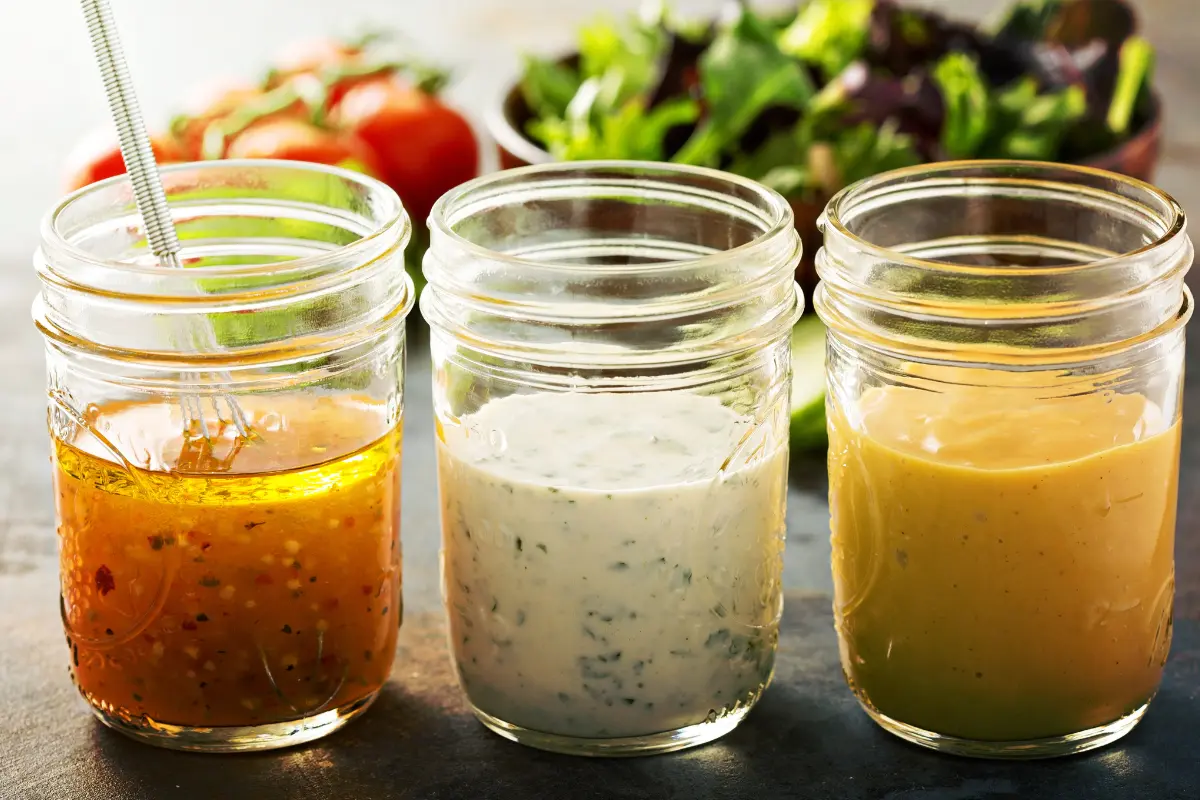
We know that weighing, measuring, and tracking our food is one of the most accurate ways to change our body composition. We also know all that tracking can start to feel heavy after a while.
At first, tracking feels empowering: you’re learning what’s in your meals, seeing progress, and connecting choices to outcomes. But over time, it can become another item on the never-ending to-do list. Between work, family, and training, the thought of weighing out your chicken for the 500th time might feel exhausting.
There is some light at the end of the tunnel. You don’t have to choose between staying on track and staying sane. Nutrition is individualized, and what works for you may not be a fit for the next person. It’s important to discuss tracking options with your coach or dietitian before making a change. Let’s dive into a few ways to lighten the mental load while continuing to make meaningful progress toward your goals.
Shift from Tracking Everything to Tracking What Matters Most
You don’t have to weigh and log every single food forever. For those who are new to tracking or just learning about nutrition, tracking accurately is important. It’s how we learn what our body needs, we learn to visualize portion sizes, and gain an all-around understanding of fueling our body. Over time, our awareness improves, and we use that to our advantage.
Try this:
Track your protein consistently while estimating the rest.
Choose two meals a day to log and eat intuitively for the others.
Focus on patterns, not perfection. An example may be hitting a veggie goal or spacing protein throughout the day.
When you zoom out and see that tracking is also about awareness, not just control, it becomes a flexible tool instead of a mental burden.
Create Go-To Meals That Remove Decision Fatigue
Decision fatigue is real. The more choices you make in a day, the more drained you feel. Aim to simplify your eating plan by building a few default meals that you can rotate through without much effort.
Aim to have 1-2 breakfast options, and 2-3 lunch and dinner options in your “meal library”. Once these meals are logged, you’ll know the macros and can easily plug them in or eyeball portions without logging from scratch.
Use “Mental Tracking” Days
This is a step between tracking everything and going fully intuitive. On mental tracking days, you eat in alignment with what you know about your body and habits, without logging and tracking your food. Talk with your coach about what days might be best for you to try “mental tracking”. I’ve found that clients have a lot of success starting with weekdays as opposed to weekends. Our Monday to Friday is often more structured and offers fewer opportunities for distractions with our food.
Some questions you will ask yourself:
Am I getting protein at each meal?
Am I eating foods that leave me feeling satisfied and energized?
Am I staying consistent with portions, even if I’m not weighing?
This practice keeps awareness high but the mental strain low.
Simplify with Templates or Copy Meals Forward
Most tracking apps allow you to copy meals or days forward. Take advantage of that!
This idea is similar to the go-to meals tip above. If you tend to eat similar breakfasts or snacks, save them as templates, especially if the meals are complicated or cumbersome to track (like recipes). This can cut your logging time in half and make tracking feel less tedious.
Reconnect With Why You Started
When tracking feels like a chore, it’s easy to lose sight of our goals. Sometimes, lightening the load is less about doing less and more about remembering why it matters.
If your “why” still aligns, keep tracking—just more strategically. If your “why” has shifted, talk with your coach about adjusting your goals or methods. Growth in your nutrition journey often means evolving how you approach it.
From My Coaching Experience
As a Registered Dietitian for 19 years, and a WAG coach for the last 8, I’ve seen all variations of transitioning from tracking to intuitive eating. I’ve seen both sides of the process: the seasons where precision is empowering, and the seasons where flexibility is essential.
There are times when being 100% dialed in with weighing and measuring your food is incredibly beneficial:
When you’re just starting your nutrition journey and learning portion sizes.
When you have a specific goal or deadline, like a competition, photoshoot, or medical milestone.
When progress has plateaued, it’s time to bring awareness back to the details.
In these situations, precision builds confidence and progress. Clients often say things like, “I had no idea how much (or how little) I was eating until I started tracking.” That level of insight can be life-changing.
But I’ve also seen the other side, when tracking starts to feel heavy or all-consuming. For example:
When a client has been tracking consistently for months and starts feeling burnt out.
When life throws curveballs (family stress, travel, or health changes) and energy is better spent elsewhere.
When the goal shifts from changing body composition to maintaining a healthy lifestyle long-term.
In these moments, I’ve encouraged clients to lighten the mental load by moving to “partial tracking” or “awareness-only” days. If done properly with support, most maintain progress and rediscover balance.
That’s the ultimate goal: to use tracking as a tool, not a crutch. To learn the skills, apply them in real life, and build confidence that lasts long after you close your app.
The Bottom Line
Tracking your food is a tool in your nutrition toolbox. It can teach, empower, and transform your relationship with nutrition. But it’s not meant to control you or add stress.
As you build skills and confidence, give yourself permission to loosen your grip while maintaining the structure that helps you thrive.
Want support finding your balance?
Working with a WAG coach means having someone in your corner to help you decide when to push harder and when to pull back, all without losing sight of your goals.
Schedule a Free Intro Call
Working Against Gravity has led the macro tracking and health space for over a decade. Our team doesn’t just understand the science of nutrition—we’ve spent years mastering the art of tailoring it to fit your life. That means no cookie-cutter plans, just real strategies that have worked for over 30,000 people.
Schedule a free call with our team to learn how working with a 1-on-1 WAG coach will help you reach your goals.



